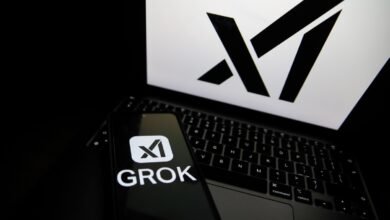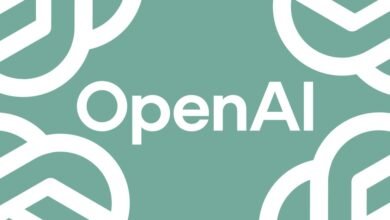Deloitte’s AI Bet: Big Investment Despite Major Refund

▼ Summary
– Deloitte announced a major AI partnership with Anthropic to deploy Claude chatbot to its global workforce while simultaneously facing a refund demand for an inaccurate AI-generated government report.
– The Australian government required Deloitte to refund a A$439,000 contract after discovering their commissioned report contained AI hallucinations including citations to non-existent academic sources.
– Deloitte and Anthropic plan to develop compliance products for regulated industries and create specialized AI agent “personas” for different company departments as part of their expanded partnership.
– This situation illustrates how companies are increasingly embedding AI across operations while simultaneously grappling with accuracy challenges and AI-generated misinformation in professional contexts.
– Other organizations including the Chicago Sun-Times, Amazon, and Anthropic itself have recently faced similar issues with AI-generated inaccuracies in their outputs and legal documents.
In a striking display of corporate conviction, Deloitte has announced a major artificial intelligence partnership with Anthropic, even as the consulting giant faces scrutiny over a government report containing fabricated information generated by AI tools. This dual development highlights the complex balancing act organizations face when integrating rapidly evolving AI technologies into high-stakes professional environments.
The timing of these events creates a curious juxtaposition. On the very day Deloitte promoted its expanded AI adoption through the Anthropic alliance, Australian authorities revealed the firm would refund payment for a problematic government-commissioned report. The Department of Employment and Workplace Relations had paid approximately A$439,000 for what was supposed to be an independent assurance review. Investigators later discovered the document contained multiple references to academic papers that simply didn’t exist, forcing Deloitte to issue a corrected version and return the final contract payment.
Deloitte’s new initiative involves deploying Anthropic’s Claude chatbot across its global workforce of nearly half a million professionals. The expanded collaboration builds upon their existing partnership and focuses on developing compliance-focused AI solutions for heavily regulated sectors including financial services, healthcare, and public administration. According to internal plans, the firm intends to create specialized AI “personas” tailored to different departmental needs, from accounting functions to software development workflows.
Ranjit Bawa, Deloitte’s global technology and ecosystems leader, emphasized the strategic rationale behind the investment. “Deloitte is making this significant investment in Anthropic’s AI platform because our approach to responsible AI is very aligned, and together we can reshape how enterprises operate over the next decade,” Bawa stated. “Claude continues to be a leading choice for many clients and our own AI transformation.”
While financial specifics remain confidential, this enterprise deployment represents Anthropic’s largest corporate implementation to date. The scale of this rollout demonstrates how AI systems are becoming deeply integrated across business operations and professional workflows.
Deloitte’s situation reflects a broader industry challenge. Multiple organizations have encountered difficulties with AI-generated inaccuracies in recent months. The Chicago Sun-Times acknowledged its AI-compiled summer reading list included invented book titles, despite featuring real authors. Amazon’s Q Business tool reportedly struggled with accuracy issues during its initial rollout. Even Anthropic confronted embarrassment when its lawyers submitted AI-generated legal citations in a dispute with music publishers, requiring a formal apology.
These incidents collectively illustrate the growing pains associated with enterprise AI adoption. As organizations race to implement artificial intelligence solutions, they must simultaneously develop robust verification processes to prevent factual errors from undermining their professional credibility.
(Source: TechCrunch)





